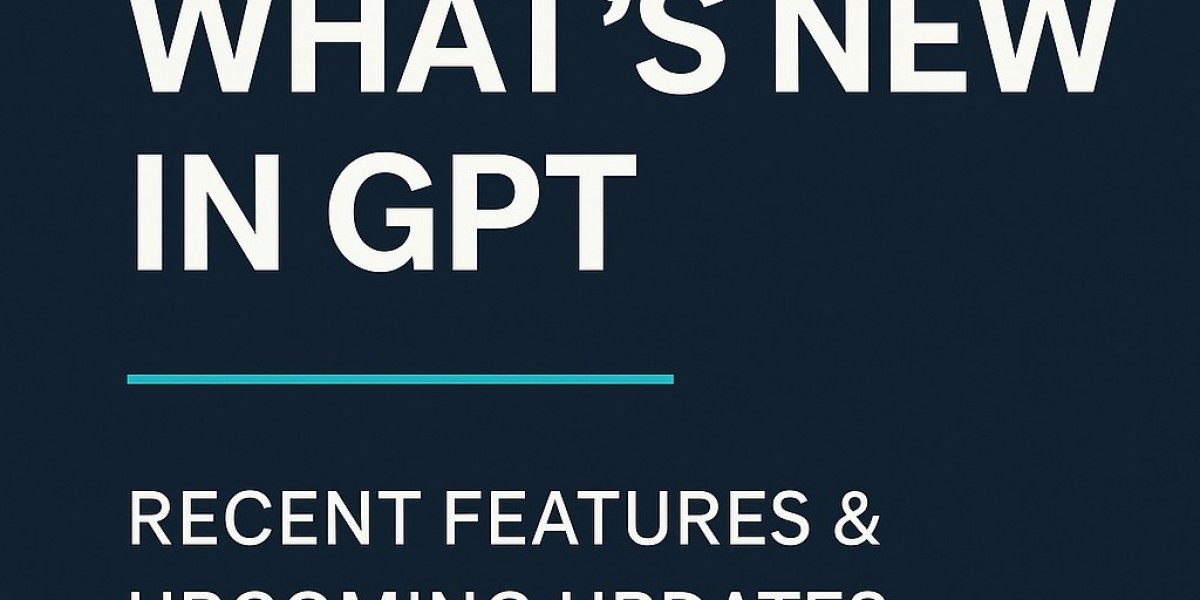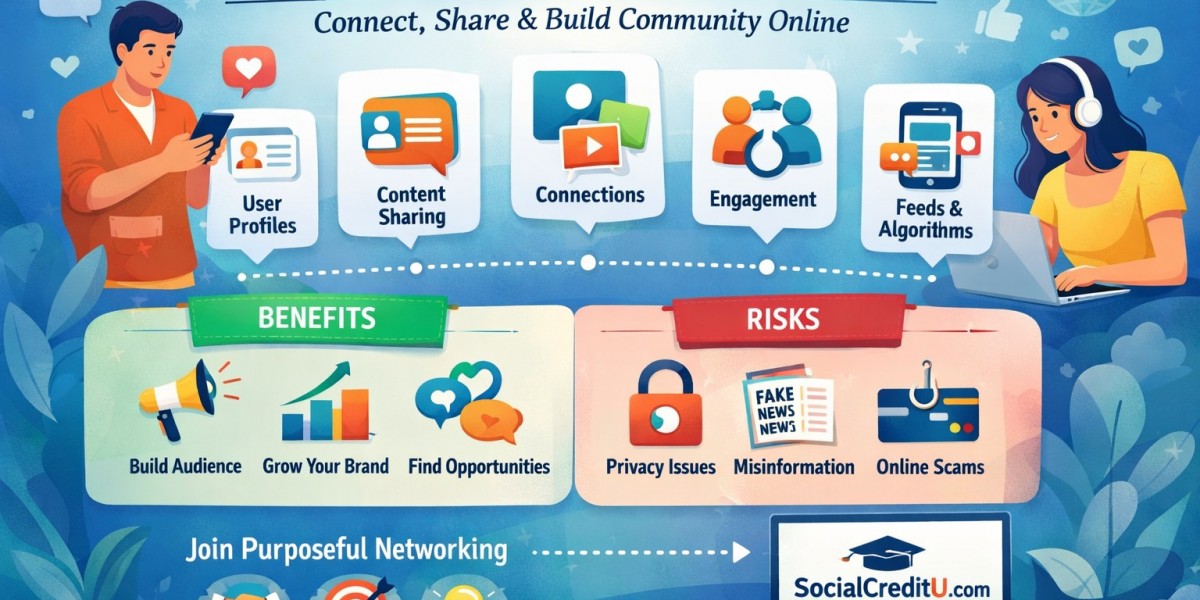Since its public debut, ChatGPT has evolved fast — what was once a simple conversational assistant is now an ecosystem of tools, agents, and multimodal capabilities. In 2025, OpenAI has rolled out some seriously powerful features, and the roadmap ahead hints at even more transformative changes. In this post, we’ll walk through the major recent updates, what they mean for users (especially creators/developers), and what to expect over the next six months.
---
? Recent & Rolling Releases: What’s New in ChatGPT
Here’s a roundup of the most significant changes and enhancements ChatGPT (and OpenAI) has delivered recently:
1. GPT-5 Launch & Model Upgrades
In August 2025, OpenAI officially released GPT-5 as its flagship model, replacing prior core models (including GPT-4o and earlier variants).
The new model emphasizes reduced hallucinations, better instruction following, and stronger performance in writing, coding, and health domains.
Alongside, OpenAI introduced GPT-5-codex (a variant tuned for coding workflows) — useful in IDEs, code review, or dev environments.
2. ChatGPT Pulse (Pro preview)
Pulse is a new experience (currently previewed for Pro users on mobile) where ChatGPT “proactively” does research and surfaces updates tailored to your interests, calendar, or prior chats.
It presents digestible “cards” you can scan or expand, enabling you to stay abreast of relevant developments without manually querying every topic.
3. Routing of “Sensitive Conversations” + Parental Controls
OpenAI is expanding its safety infrastructure: more sensitive content is being routed to dedicated reasoning models (to better detect issues).
Parental control options are being rolled out, letting guardians limit features (image generation, voice, memory) and restrict usage hours.
4. Deep Research: Autonomous, Cited Research Mode
Deep Research is an “agentic” feature that lets ChatGPT autonomously browse the web (5–30 minutes) to compile reports with citations, rather than only responding to your prompts.
Free users get limited “lightweight” access; Pro / paid users have more full-model query allowances.
5. Commerce via Chat — “Instant Checkout”
Perhaps the boldest step yet toward turning ChatGPT into a commerce interface: OpenAI launched Instant Checkout, allowing users (U.S.) to browse and buy items from Etsy and, soon, Shopify — directly within the ChatGPT interface.
Currently, it supports single-item purchases, and merchants pay a commission. Broader cart support and expansion beyond U.S. are planned.
6. AI Action Portraits / Image Generation Enhancements
A more playful but instructive update: users can now transform their photos into stylized, 3D “action portraits” (superhero, dynamic poses) via ChatGPT.
The underlying image generation tools have been strengthened, and command understanding for visual instructions has improved.
7. Stronger Integrations for Storage & Productivity Tools
ChatGPT now supports connecting to cloud storage (Google Drive, Dropbox, OneDrive, Box, SharePoint) to read, summarize, and reference user files (docs, spreadsheets) with permission.
“Record mode” (for meetings, brainstorming, notes) is being introduced in business-tier plans so ChatGPT can generate structured outputs and summaries from live sessions.
---
? What These Changes Mean for You & Your Users
More seamless workflows: Instead of toggling between ChatGPT, your calendar, web search, and commerce sites, many actions will get collapsed into the ChatGPT interface itself (Pulse, Instant Checkout, file access).
New monetization paths: The commerce feature signals that ChatGPT sees itself beyond “just an assistant” — it’s entering transactional territory. For sites like yours (SocialCreditU), this opens possibilities: recommending, affiliate linking, or even integrating with GPT commerce.
Tiered access & “compute-intensive” premium features: Sam Altman has hinted that upcoming features (especially ones involving heavy models or large-scale computation) will be gated behind higher tiers.
Stronger safety, oversight, and controls: The addition of parental controls and dedicated routing of sensitive content suggests OpenAI is leanly embracing responsibility as the platform grows.
Creators & devs will matter more: With GPT-5 codex, Deep Research, integrations, and stronger API support, creators and devs can embed more powerful agents, tools, or vertical ChatGPT experiences for niche audiences.
---
? What to Expect Over the Next 6 Months (Estimate + Informed Guesses)
Here’s a forward-looking forecast (with the usual health warnings that AI roadmaps often pivot):
Area Likely Developments Implications / Opportunities
Feature gating & premium tiers More compute-intensive features (e.g. full Deep Research, larger context windows, advanced agent capabilities) will be limited to higher subscription levels or add-ons. Users will need to weigh whether to upgrade; creators may need to adjust how much “free value” they can expect.
Deeper agentization & automation ChatGPT agents will take more actions (book appointments, send emails, run code, execute small automations) with more autonomy. “Trusted agents” could become a new class of product. Curated agents for niches (finance, marketing, research) may proliferate.
Extended multimodal & video support GPT-5 may expand its handling of video, 3D, augmented reality input/output, or more fluid transitions between media types. As text/image/voice bridge more seamlessly with video, new content formats—like “video prompts” or live AI companions—become possible.
Better memory, personalization & context retention Memory capabilities may expand (keeping track of long-term user preferences, cross-session context, multi-project continuity). Users will expect ChatGPT to “remember what they’re working on” over long periods.
Wider rollout of commerce & global expansion Instant Checkout will expand to support multi-item carts, more merchant integrations, and availability outside the U.S. ChatGPT could increasingly compete with Amazon, Shopify, and other commerce platforms in the AI-powered shopping space.
Collaborative & team features More robust “team / workspace” features: shared memory, shared agents, group research modes, cross-user collaboration. Useful for courses, agencies, or group projects—SocialCreditU might build community tools around this.
API & developer enhancements Better function calling, higher rate limits, improved latency, and more permissioned integrations with external systems. Devs will build deeper integrations with CRMs, content systems, analytics pipelines, etc.
Ethics, user control, and regulation As ChatGPT gets more powerful, expect increased scrutiny—controls, opt-outs, transparency logs, and possibly regulatory compliance features. Being early and privacy-respecting can become a competitive differentiator for platforms that build on ChatGPT






